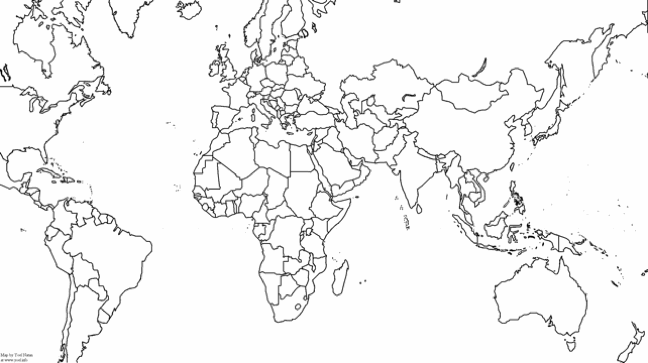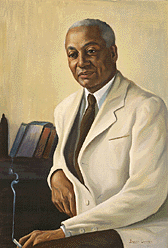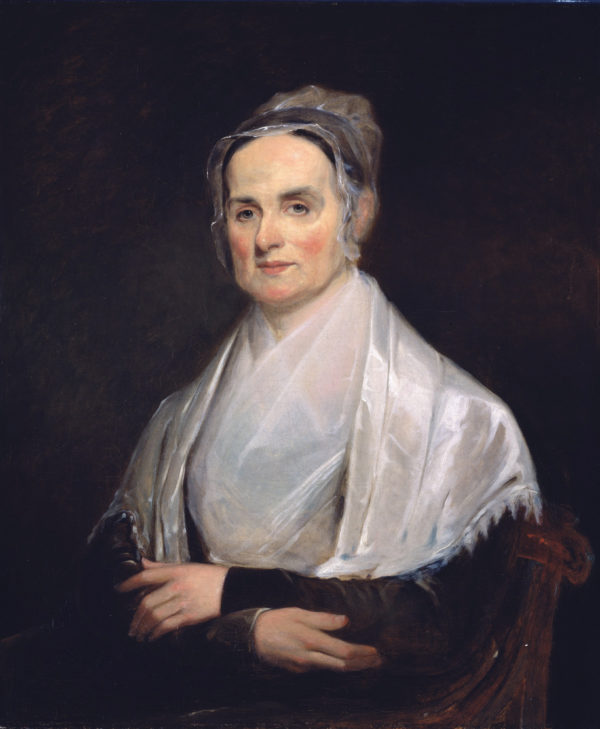-
No Human Being is Unclean
Bahá’u’lláh abolishes the concept of “uncleanness”. In different cultures, at different times, human beings and things have been held to be “unclean” – in the specific case of religion, “ritually unclean”. In 1873, Bahá’u’lláh wrote: God hath … abolished the concept of “uncleanness,” whereby divers things and peoples have been held to be impure.… Verily, all created things were immersed in the sea of purification when, on that first day of Riḍván, We shed upon the whole of creation the splendors of Our most excellent Names and Our most exalted Attributes.[1] Bahá’u’lláh’s purpose in doing so is suggested in the words that follow shortly after: Consort ye then with the followers of all…
-
Imagined foreignness
In our modern world, it is often the nation-state that acts as the locus from which conceptions of foreignness arise. It is to one (or more) of the 190-plus countries into which the globe has been carved up that we claim allegiance and tie our identities. Our passports, legal documents that represent our affiliation with a certain political establishment, act as reifications of our sense of belonging. We interpret the question “Where are you from?” as “Which country are you from?”, and we respond accordingly. And then, just as we use the country to which we belong as a means of identifying with people of the same nationality, we also…







